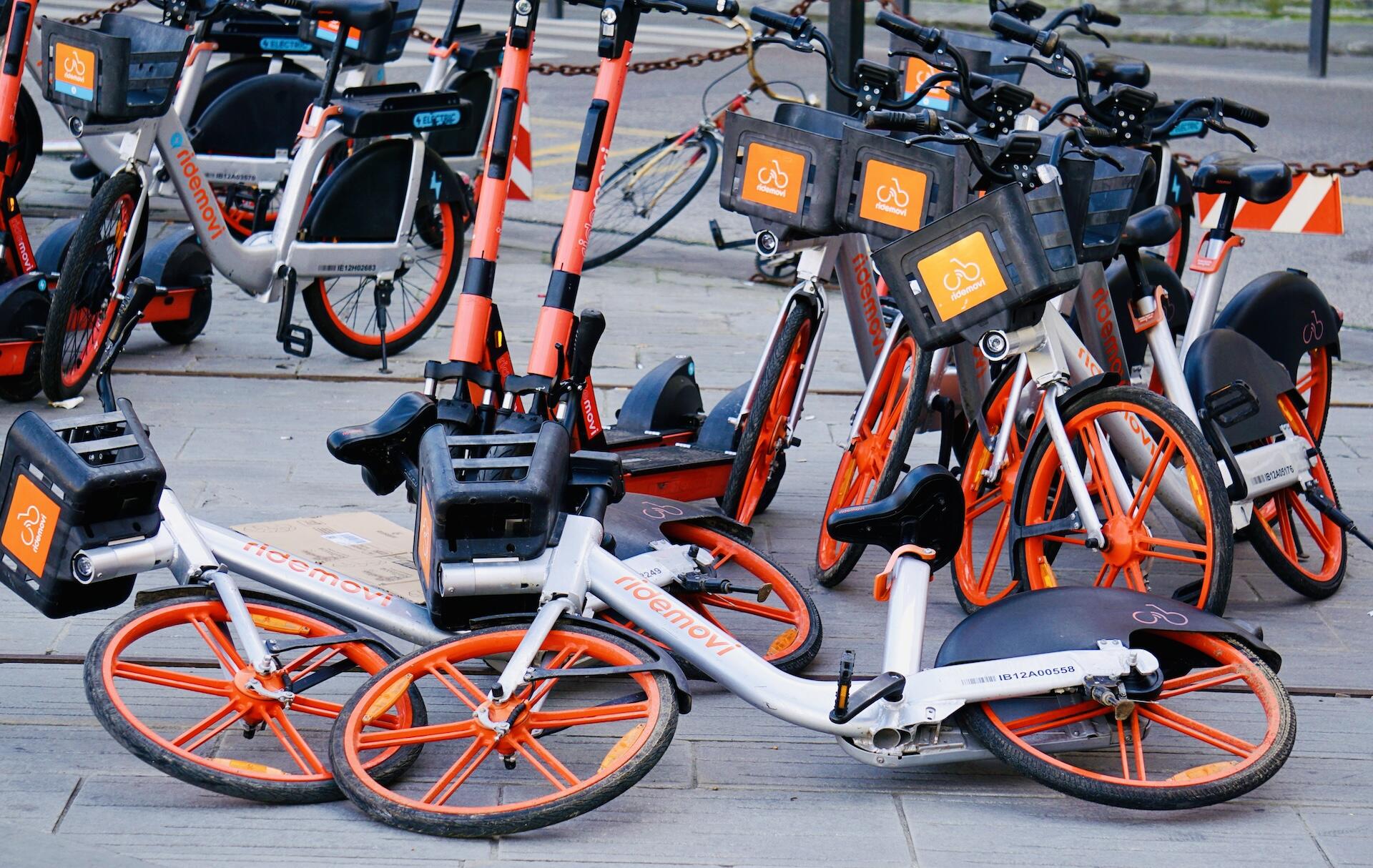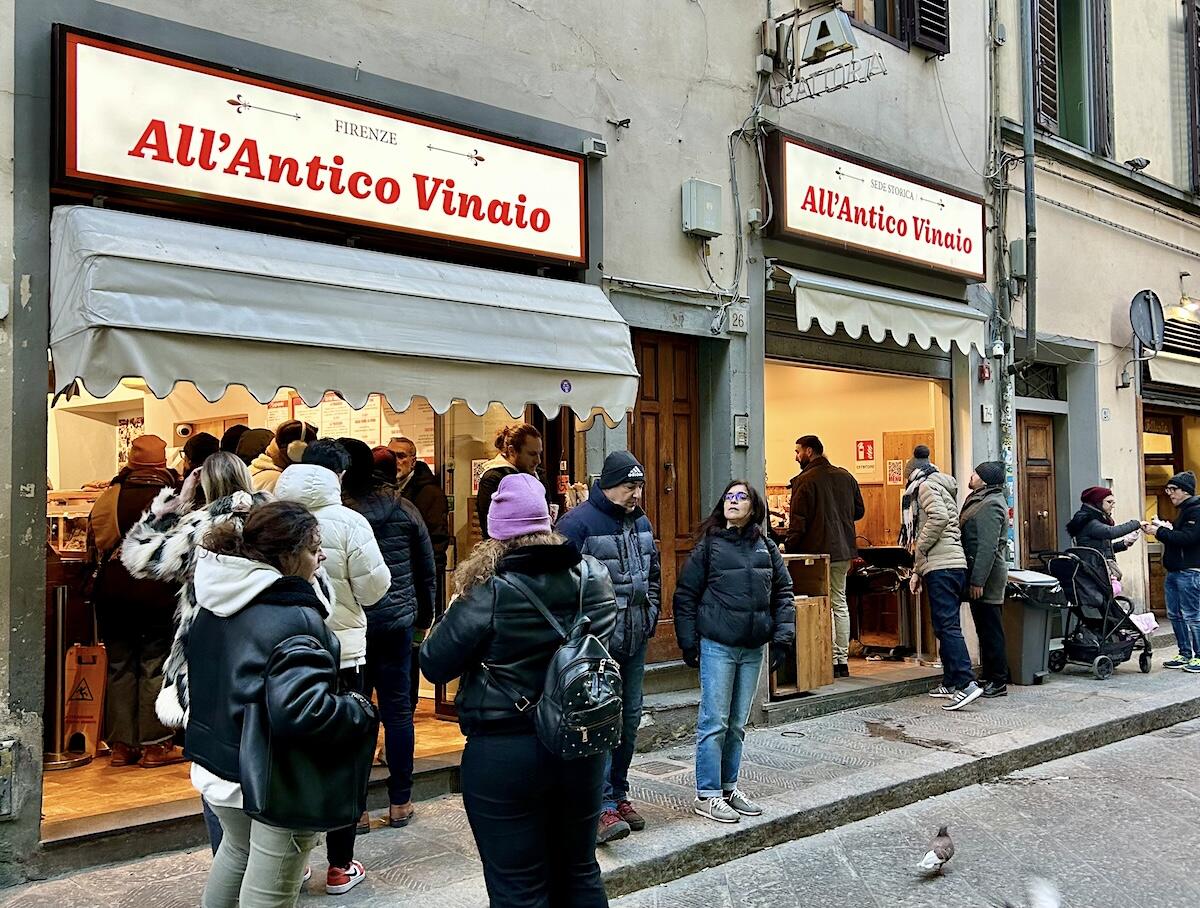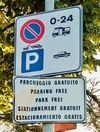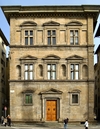Florence Has Fallen: Cultural Heritage in the Age of Social Media

In the heart of Italy, Florence stands as a testament to human artistic achievement. Yet, beneath its preserved beauty, there is a struggle, and a creeping, silent erosion of its cultural soul. Unlike Rome's ancient ruins, Florence's decay isn't visible in its art and architecture, but felt in the daily lives of its residents and the changing dynamics of its historic streets and alleys.
The Baptistery gleams in Piazza Duomo, Neptune's fountain flows again in Piazza Signoria, and the Vasari Corridor's reopening is eagerly awaited. But these landmarks now face a different kind of siege - not of neglect, but of excessive attention. As tourists and students flood into the center of Florence, local residents retreat outside the ancient walls, leaving the city center more a showcase than a community.
Iconic spots like the Duomo and Palazzo Vecchio, once religious and communal gathering places, are now off-limits for casual relaxation. The Church of San Lorenzo's entry fee and the roped-off public art pieces symbolize a city becoming less accessible to its own people. The proliferation of generic tourist-oriented eateries further dilutes local culture. And where you can still sit, like the steps of Santa Croce, plans have been discussed on how to discourage people from doing so.
Florence's dilemma isn't unique; it reflects a global struggle in historic cities where tourism's economic allure conflicts with cultural and community preservation. The early 2000s marked the beginning, but the post-COVID travel boom, sugar rushed by social media, affordable lodging options like AirBnB, and discount airlines, has accelerated this transformation.

For locals, the city center has transformed into "a playground for American students" and tourists. The random scattering of abandoned rental bikes and scooters adds a chaotic, contemporary layer to the ancient streets and piazzas. Social media has played a huge part in accelerating this decline, creating hotspots (All'Antico Vinaio anyone?) that attract throngs of visitors, often at the expense of equally deserving but less publicized locales - forcing these out of business, only to see copycat establishments open in their place.
This commercialization extends beyond the loss of traditional businesses. Novel and often unrelated ventures (candy stores!) are replacing essential local services, altering not just the city's economy but its very identity. It never ceases to amaze why both tourist and business owner feel the need to have the same things in every city on earth - thereby removing any unique identity.
Critics may argue that these are the inevitable trade-offs of a globalized, connected world - and there is definitely some truth to that. It is hard to write this and not sound like someone who is just being nostalgic for the mythical "good old times". However, for those who cherish Florence's authentic spirit, the current state of affairs must be a call to action. It's not just about limiting tourist numbers or curbing commercialization (and especially not about the lip service these issues seem to get from local politicians); it's about redefining what it means to preserve a city's soul in the face of modern, internet age, global challenges.
Florence, like other historic cities worldwide, is engaged in a delicate dance to balance the economic benefits of tourism, often unquestionably seen as positive, with the preservation of its unique local essence. This challenge is amplified by the rocket-fueled impact of social media on travel and tourism, which risks turning the intangible qualities that define the essence of Florence into an over-commercialized haze. The city's future, along with similar destinations, depends on finding a harmonious balance in this evolving relationship, ensuring that while its artworks and monuments endure, the authentic Florentine experience is also preserved.
Comments:
Last update:
What's New?
-

Festa di San Giuseppe (St. Joseph's Day)
Mar 2, 2026
-

Florence Chocolate Fair
Mar 1, 2026
-

Florence Parking Guide & Map
Feb 23, 2026
-

Top Ten Luxury Hotels in Florence
Feb 9, 2026
-

Piazza San Marco
Jan 5, 2026
-

Piazza Santa Trìnita
Dec 2, 2025
Top experiences in and around Florence:
Some links to external websites may be affiliate links (hotel bookings, guide books, activities, etc.). Using these services helps to support our efforts here with no additional costs to the user (you!).